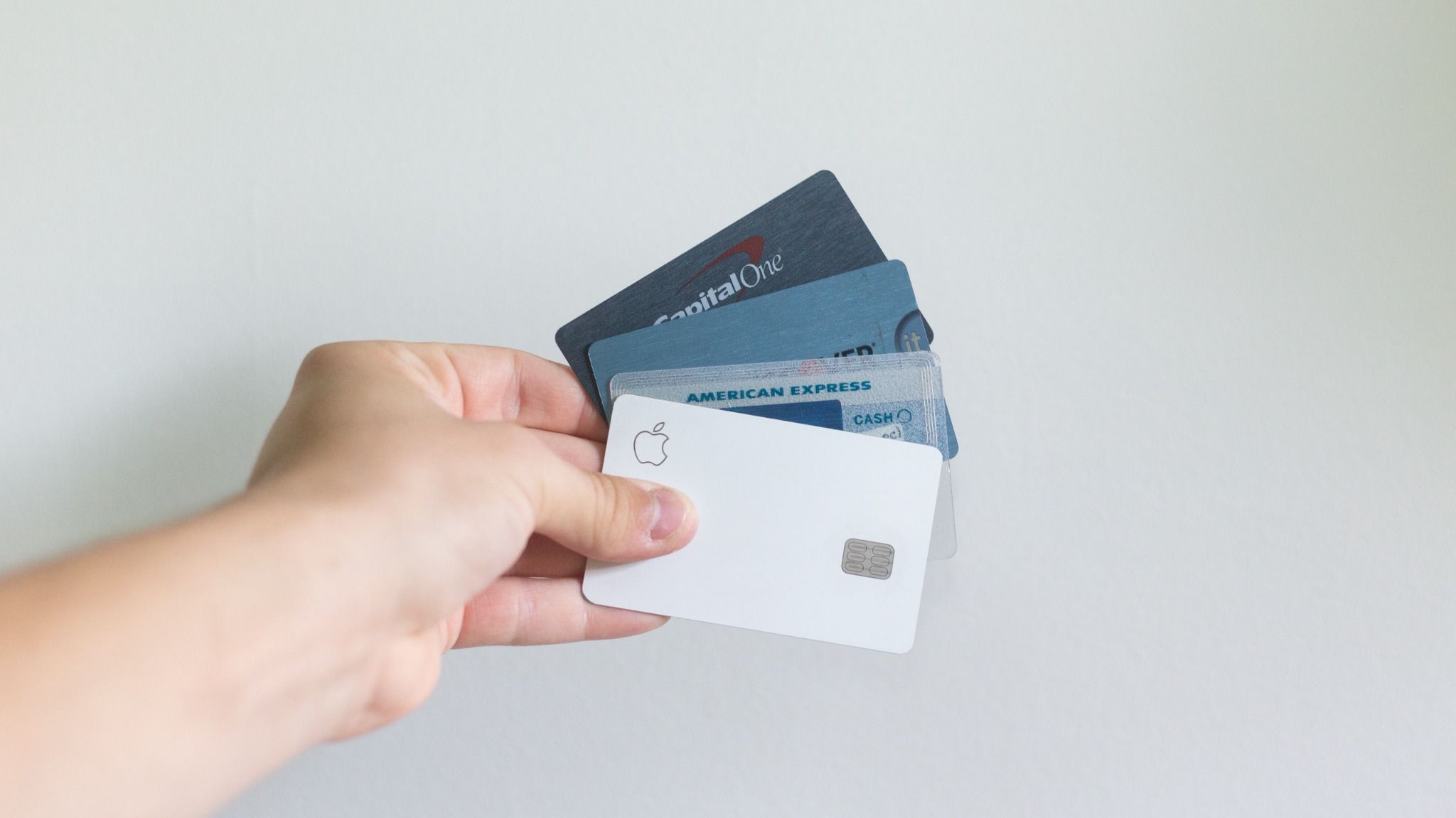
How Buying a Car Can Impact Your Credit Score
By Motor Match • 07/01/2024
As a used car buyer, you need to know how your car finance agreement works and how it impacts your credit rating. This blog is here to help!
Buying a car, whether brand new or secondhand, can be an exciting experience. For many people, a car is a necessity, and owning one can make life much easier. However, it's crucial to be aware of how buying a car affects your credit score. As a used car buyer, you need to know how your car finance agreement works and how it impacts your credit rating. In this blog post, we'll explore how buying a car can positively or negatively affect your credit score and what you need to do to avoid damaging it.

Understanding Your Credit Score
Your credit score is a three-digit number that indicates how likely you are to repay your debt. The number ranges between 300 and 850, with higher scores indicating better creditworthiness. When you apply for car finance, your credit score is one of the factors the lender considers when deciding whether to approve your application. Before you start shopping for a used car, it's crucial to check your credit score and ensure all the details on your credit report are correct.
Impact of Car Finance on Your Credit Score
When you apply for car finance, the lender performs a soft credit search to assess your eligibility. If you proceed with the finance option, the lender will conduct a hard credit search, which is visible on your credit report. Applying for car finance could negatively impact your credit score if the lender declines your application, but only temporarily. If you're approved and keep up with your payments, your credit rating could improve. On-time payments demonstrate that you're capable of managing your finances responsibly.
Improving Your Credit Score with Car Finance
Keeping up with your car finance payments can positively impact your credit score over time, especially if you make early payments. Early payments demonstrate your commitment to paying off your debt and can help improve your credit rating. Moreover, having different types of credit on your credit report, such as a car finance agreement, can help diversify your credit mix and improve your credit score.
Negative Impact of Missed Payments
Missing payments or paying them late could damage your credit score. If you're struggling to make your repayments, it's essential to contact your lender and explain your situation to see if you can renegotiate the terms or refinance your car loan. Refinancing your car loan may help reduce your monthly repayments, making it easier to manage your finances. Remember, each missed payment could negatively impact your credit rating, so it's vital to manage your car finance agreement responsibly.
Buying a car can positively or negatively impact your credit score, depending on your actions throughout your loan term. It's essential to check your credit score before shopping for a used car, ensure you can manage the repayments, and keep up with payments to improve your credit score. Seeking financial advice and refinancing your car loan can also help reduce your monthly repayments and prevent damage to your credit score. As a used car buyer, being aware of how car finance impacts your credit score is crucial in managing your finances and achieving your financial goals.
You may also like…